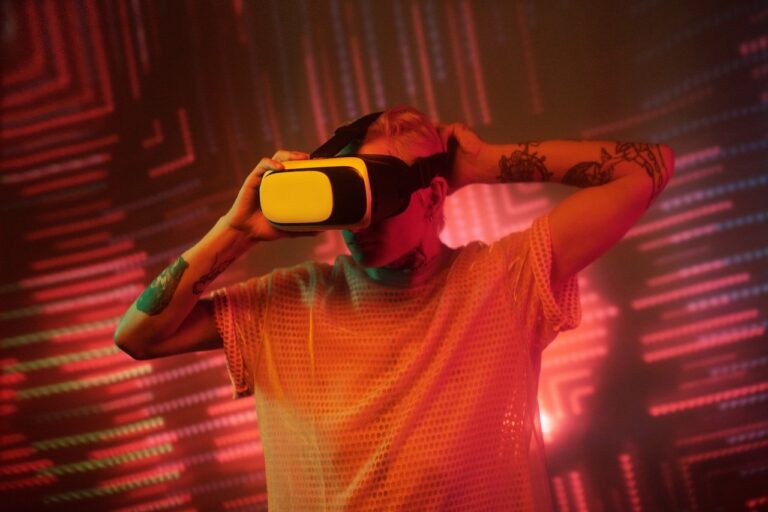A recent study has shed light on the complex relationship between social media use and mental health, suggesting a nuanced link that has implications for users across the globe. This research, conducted by a team of psychologists and data scientists, analyzed data from thousands of individuals over several years to understand how different patterns of social media use impact aspects of mental health, including anxiety, depression, and self-esteem.
Key Findings
- Increased Usage and Anxiety: The study found a correlation between increased social media usage and heightened levels of anxiety. Participants who reported spending more time on social media platforms were more likely to experience anxiety symptoms, suggesting a potential link between the amount of time spent online and anxiety levels.
- Social Comparison and Depression: A significant aspect of the study highlights the role of social comparison in contributing to feelings of depression. Users who frequently compared themselves to others on social media reported higher instances of depressive symptoms, underscoring the impact of comparison-driven content consumption.
- Positive Aspects of Social Media: The study also identified positive aspects of social media use, particularly related to community building and social support. Users who engaged with social media to connect with supportive communities or seek out information relevant to their personal interests often reported improved self-esteem and a sense of belonging.
- Variability by Platform: Interestingly, the study suggests that the impact of social media on mental health may vary by platform, with certain platforms more strongly associated with negative mental health outcomes than others. This variability points to the importance of considering the specific features and user experiences of different social media sites.
Implications
The findings of this study have several implications for both individuals and policymakers:
- Awareness and Moderation: Individuals are encouraged to become more aware of their social media use patterns and consider moderation to mitigate potential negative impacts on mental health.
- Digital Literacy: The study underscores the need for improved digital literacy, including education on the responsible use of social media and strategies to reduce harmful comparison and exposure to negative content.
- Platform Responsibility: There is a call for social media platforms to take greater responsibility in designing features that promote positive interactions and reduce the potential for harm. This includes tools for managing screen time, controlling content exposure, and supporting user well-being.
- Further Research: The study highlights the need for further research to explore the causal relationships between social media use and mental health, including longitudinal studies that can provide deeper insights into long-term effects.
Conclusion
This new study contributes to the growing body of research on social media and mental health, offering a more nuanced understanding of how our online behaviors can influence our psychological well-being. While social media can offer valuable opportunities for connection and support, it’s clear that there are also potential risks that users need to navigate. By fostering greater awareness and adopting responsible use practices, individuals can enjoy the benefits of social media while minimizing its negative impacts on mental health.

